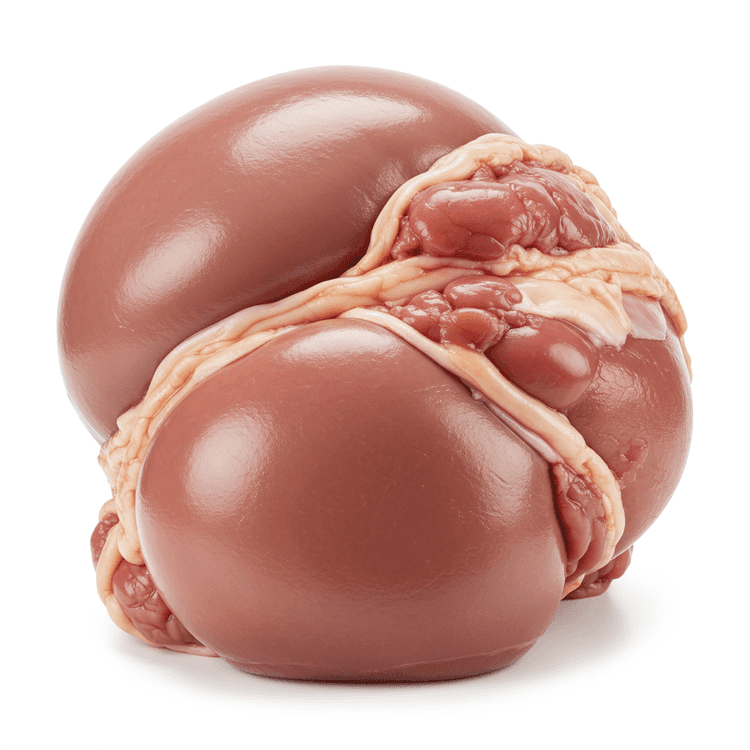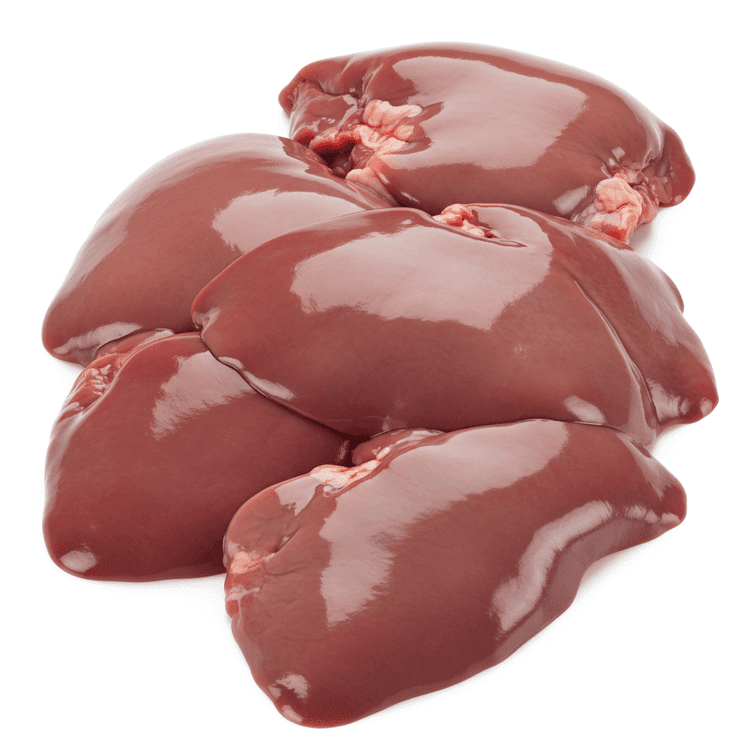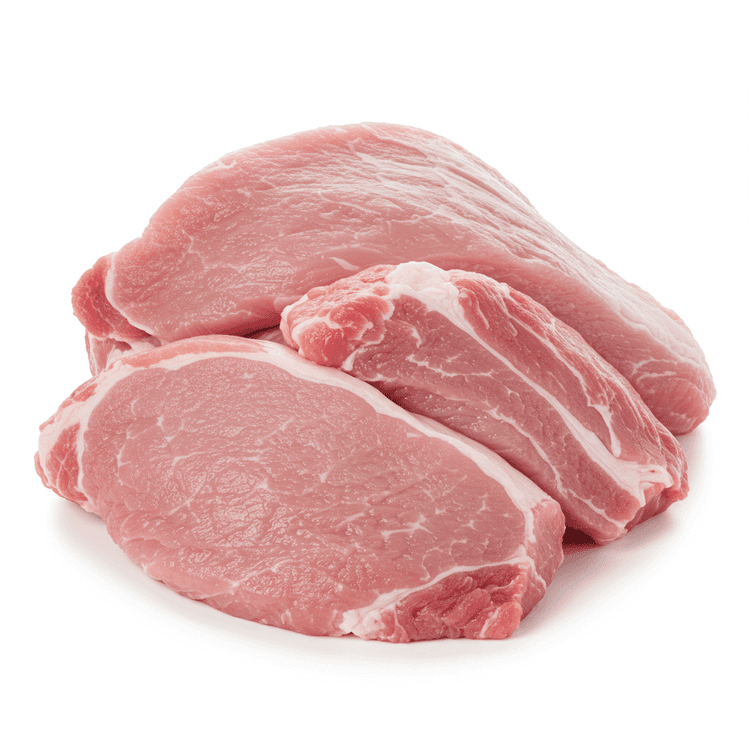
Offal
Offal, also known as organ meats, encompasses the internal organs and entrails of butchered animals. This category includes items like liver, kidney, heart, tripe (stomach lining), and sweetbreads (thymus or pancreas). Offal varies widely in flavor and texture depending on the animal and the specific organ. Some, like liver, have a rich, earthy, and slightly metallic taste, while others, such as sweetbreads, are prized for their delicate flavor and creamy texture. Appearance also differs significantly, ranging from the dark red of liver to the pale, honeycomb appearance of tripe. Many cultures around the world utilize offal in various culinary applications, making it an important and often nutrient-dense component of traditional cuisines. The precise nutritional profile of offal differs greatly from one type to another, but generally it is rich in minerals and vitamins.
Common Uses
- Liver can be pan-fried, grilled, or used in pâtés and terrines. It's often seasoned with herbs and spices to complement its strong flavor and provides a rich source of iron.- Kidney is commonly used in stews, pies, and grills. Preparations often involve pre-soaking and slow cooking to tenderize the texture and reduce its strong aroma.- Heart, a muscle meat, can be sliced and grilled, braised, or used in stews and sausages. It offers a slightly gamey flavor and firm texture, offering a rich source of lean protein.- Tripe, after thorough cleaning and precooking, is often added to soups, stews, or braised dishes. Its texture can range from chewy to tender, depending on the cooking method, and it readily absorbs the flavors of the sauce or broth it is cooked in.- Sweetbreads are typically soaked in cold water, blanched, and then pan-fried, braised, or grilled. The result is a creamy, delicate, and subtly sweet flavor making it a gourmet ingredient.- Offal is also used to prepare traditional sausages. A variety of offal meats are often incorporated into recipes to add to the overall taste and texture of sausage products.
Nutrition (per serving)
Nutrition (per serving)
Calories
143.0kcal (7.15%)
Protein
26.0g (52%)
Carbs
0.0g
Sugars
0.0g
Healthy Fat
1.5g
Unhealthy Fat
1.3g
% Daily Value based on a 2000 calorie diet
Nutrition (per serving)
Calories
143.0kcal (7.15%)
Protein
26.0g (52%)
Carbs
0.0g
Sugars
0.0g
Healthy Fat
1.5g
Unhealthy Fat
1.3g
% Daily Value based on a 2000 calorie diet
Health Benefits
- Rich in iron, helping to prevent anemia and boost energy levels.
- Excellent source of vitamin B12, crucial for nerve function and red blood cell production.
- High in protein, supporting muscle growth, repair, and overall satiety.
- Contains essential minerals like zinc, which supports immune function and wound healing.
- Provides choline, important for brain health and cognitive function.
- Good source of fat-soluble vitamins like A and D, beneficial for vision, bone health and immune support.
Substitutes
Chefadora AI is here.
Experience smarter, stress-free cooking.
Storage Tips
Fresh offal should be used as soon as possible after purchase. If immediate use is not possible, store it in the refrigerator, ideally wrapped tightly in plastic wrap or in an airtight container, and use within 1-2 days. For longer storage, offal can be frozen. Prior to freezing, portion it into manageable sizes, wrap tightly in freezer-safe wrap, and freeze for up to 2-3 months. Thaw completely in the refrigerator before cooking.
Marnirni-apinthi Building, Lot Fourteen,
North Terrace, Adelaide, South Australia, 5000
Australia



